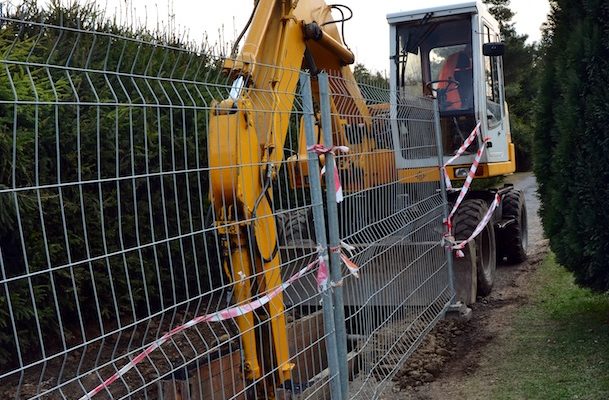FOR IMMEDIATE RELEASE
Tuesday, November 17, 2015
A 61-count indictment was filed charging Marcus Butler, of Houston, with making multiple false statements to the United States Department of Housing and Urban Development and the United States Department of Labor while defrauding the Cuyahoga Metropolitan Housing Authority and several of his former employees, said Steven M. Dettelbach, U.S. Attorney for the Northern District of Ohio, announced that.
The indictment alleges that Butler ran an electrical company called LB Electric of Northeast Ohio in the Cleveland area. Butler and his company agreed to work as subcontractors on a number of CMHA construction projects, including projects at the Riverside Park, Union Square and Delaney Village properties.
Butler, as a subcontractor on the CMHA project, agreed to pay his employees a prevailing wage while they worked on these CMHA projects and further agreed to provide certified weekly payrolls to CMHA. Although Butler submitted numerous certified payrolls claiming that he paid a prevailing wage to his employees, he did not in fact make such payments to his employees and instead submitted false certified payrolls to conceal this conduct. As a result of his conduct, Butler overstated the amount of wages paid to his employees, and thus underpaid his employees, by approximately $126,514, according to the
the indictment.





